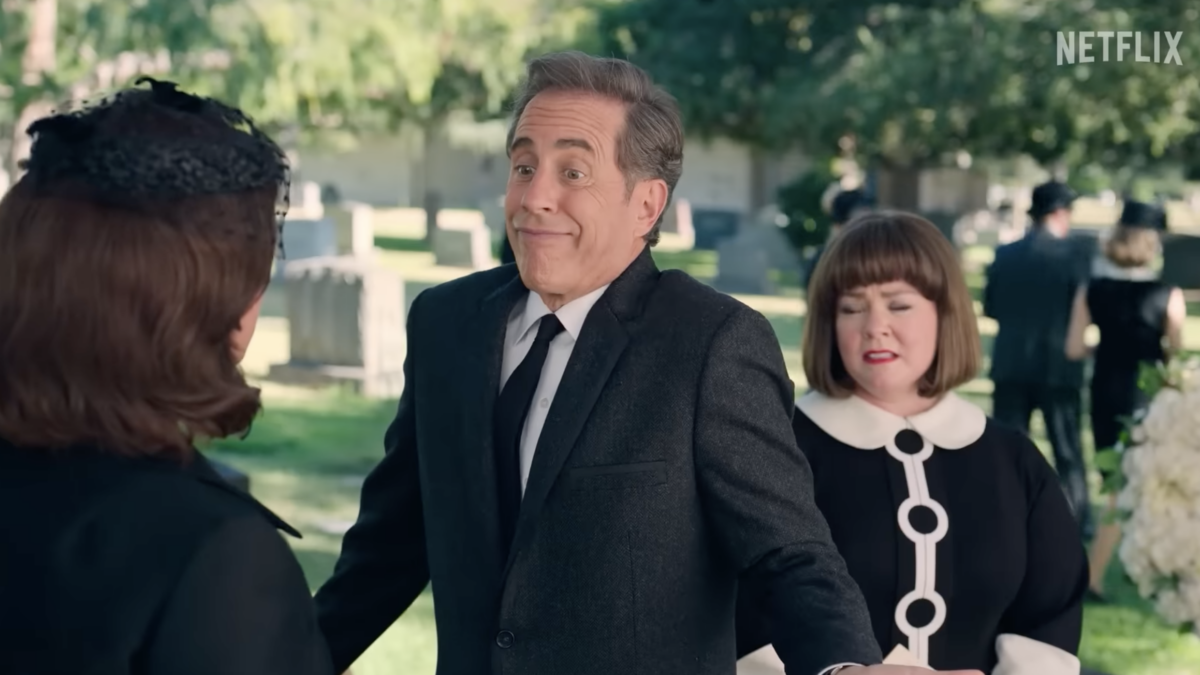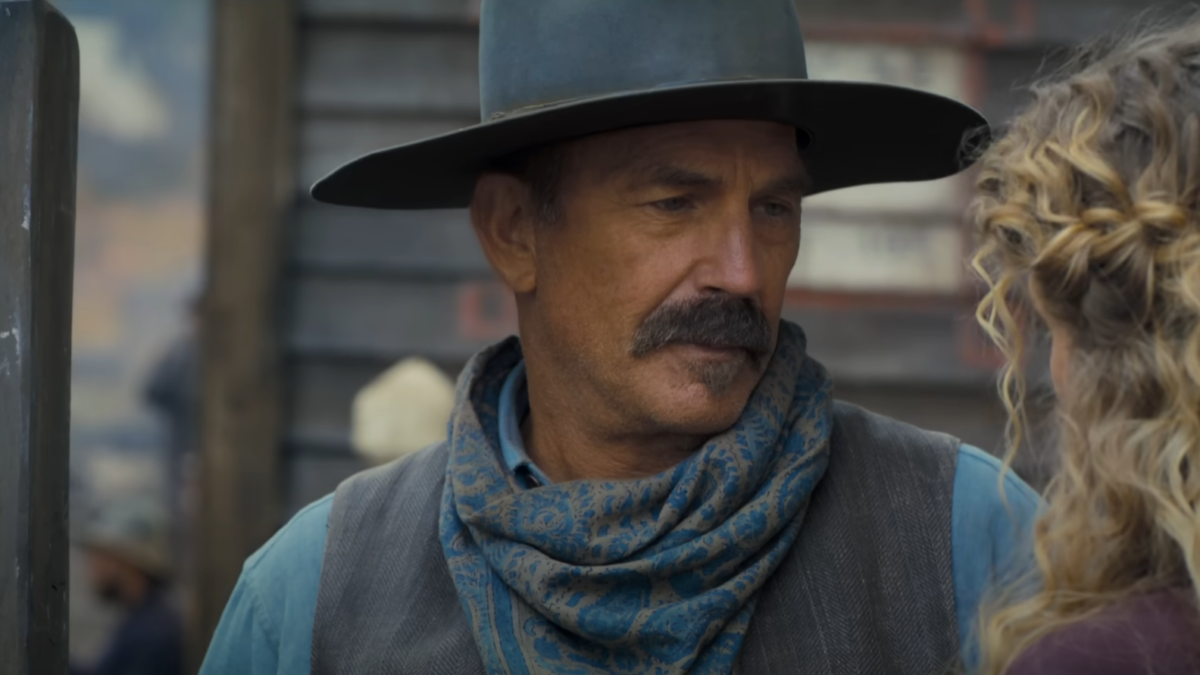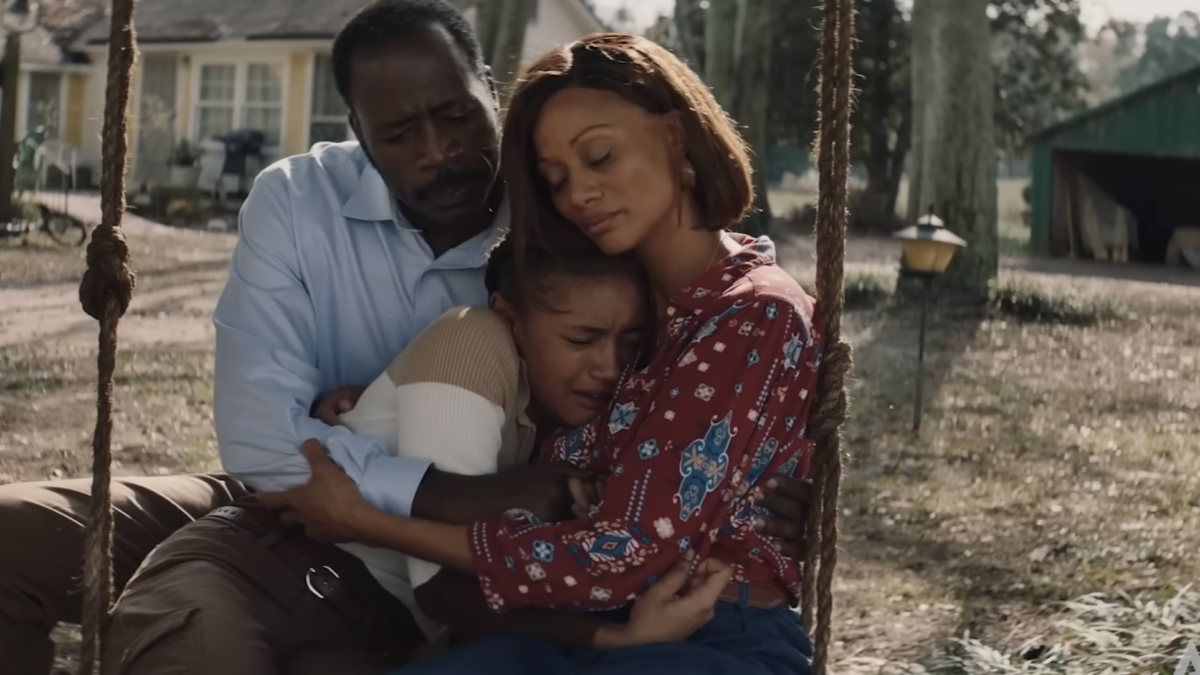This past week, a few dozen students at Duke University walked out on comedian Jerry Seinfeld’s commencement speech in protest of his support for Israel. Accustomed to tough crowds, Seinfeld was unfazed and continued to deliver a funny (apolitical) speech and accept an honorary degree.
Somehow, this was the second time in the past few weeks that Seinfeld upset leftists enough to end up in the news. The first time happened with his promotion of his new movie “Unfrosted.”
Seen from afar, Jerry Seinfeld’s new movie seemed to have all the elements of a funny and entertaining movie. The cast is star-studded, the production is slick and appealing, and the story is light and fanciful. Moreover, the nostalgic setting and wholesome humor made it family-friendly and easy to watch.
And indeed, “Unfrosted” really is a funny, enjoyable escape. Even at 70 years old, Seinfeld still has a gift for the absurd, taking a random topic (in this case, Pop-Tarts) and building up a witty and whimsical world around it. Moreover, it doesn’t preach or push an agenda.
Yet film critics are panning the film. They complain that the jokes are “groaners” and hopelessly out of touch. They fuss about the lack of historical accuracy. And some even go as far as to critique its pro-capitalist message.
It’s important to remember that these are the same critics who lavished praise on unfunny disasters like the Ghostbusters reboot in 2016 and declared that “Abbott Elementary,” an insipid derivative of “The Office,” was ushering in a new golden age in sitcoms. This would suggest that the critics are at least capable of giving the benefit of the doubt to comedies (sometimes too much), knowing the standards of the genre are different.
So what explains this collective condemnation of “Unfrosted”? I think we can guess the answer to this, and it happens to be the same reason a few idiots protested his speech at Duke.
As he was promoting “Unfrosted,” Jerry Seinfeld ruffled some feathers by daring to speak the truth about today’s comedy: “Where is it [mainstream comedy]? Where is it? This is the result of the extreme left and P.C. crap and people worrying so much about offending other people.”
Evidently, this was news for many critics, most of whom happen to identify with “the extreme left.” After Seinfeld’s remarks went viral, an article by critic Stuart Heritage (who even looks like a human wet blanket) articulated the thinking of such critics who might agree that comedy has been in decline but refuses to attribute any of that to woke culture: “One answer might be that people are turning online for faster, funnier, cheaper comedy that appeals directly to their tastes.” He also adds that Jerry Seinfeld is somehow a hypocrite because he’s made millions without getting canceled.
Even if one were to agree with Heritage, all this is beside the point. Sure, most people go online for their comedy, and Seinfeld’s newest movie “isn’t going to appall the delicate sensibilities of very many people at all,” but it’s obvious to everyone who isn’t a humorless leftist that wokeness is at the heart of why comedy has become impossible today.
Because of its mandate to affirm all marginalized communities and never “punch down,” wokeness severely limits what and whom comedians can make fun of. Right off the bat, this means most controversies are to be avoided, and it means that women, nonwhite people, people with disabilities, and LGBT people are untouchable. If any comedian says something gauche about any hot-button issue or pokes fun at any protected groups, they will be guilty of bigotry and promptly canceled. Consequently, the only group left to ridicule is straight white men.
In this sense, last year’s blockbuster hit “Barbie” was a perfect example of the woke comedy. Audiences were encouraged to make common cause with Barbie and all the female characters and laughed at the clueless men like Ken and the Mattel executives. It definitely helped that Ryan Gosling and Margot Robbie were attractive people and Barbie was a well-known brand.
But there are some major problems with this setup. First, it’s difficult to maintain for very long (even “Barbie” loses steam after a while), and it’s almost impossible to reproduce. Second, the requirement of having a diverse cast only allows the few white male characters to be funny (like Ken). Third, it inadvertently makes those few characters, who are usually the antagonists, fan favorites (again, like Ken). And fourth, it naturally devolves into woke preaching, which is the opposite of funny (like the infamous cringe-inducing monologue of America Ferrera at the end of “Barbie”).
This is why so many great comedies of the pre-woke past could never be made today. Nearly all the great sitcoms of yesteryear, including “Seinfeld,” were either too white and male or too mean-spirited and bigoted. As for those comedians who flout wokeness, they often enjoy enormous popularity but are on the margins.
This is also why most comedies today aren’t that funny. Seinfeld likely encountered this firsthand as he wrote and directed “Unfrosted.” To his great credit, the film still succeeds while meeting all the woke standards, but the viewer can definitely sense some punches being pulled. The only character who suffers full hilarious humiliation (and ends up being the funniest person in the movie) is Hugh Grant’s character, Thurl Ravenscroft, a Shakespearean actor who plays Tony the Tiger and ends up leading a J6-style protest against Kellogg’s. Had Seinfeld given this treatment to all the characters, “Unfrosted” would have been much funnier.
And it probably would have received the same condemnation from critics it’s receiving now. Of all people, Seinfeld should have known better than to try to please all sides. Rather, he should have tried to revive the genre — after all, if anyone could do this, it would be one of the most popular comedians of all time. Perhaps he can learn from this last outing and do better with his next creative endeavor. The world could certainly use it.
As Seinfeld himself wisely noted in his speech at Duke last weekend, “Humor is the most powerful, most essential quality you will ever have or need to navigate through the human experience.”









